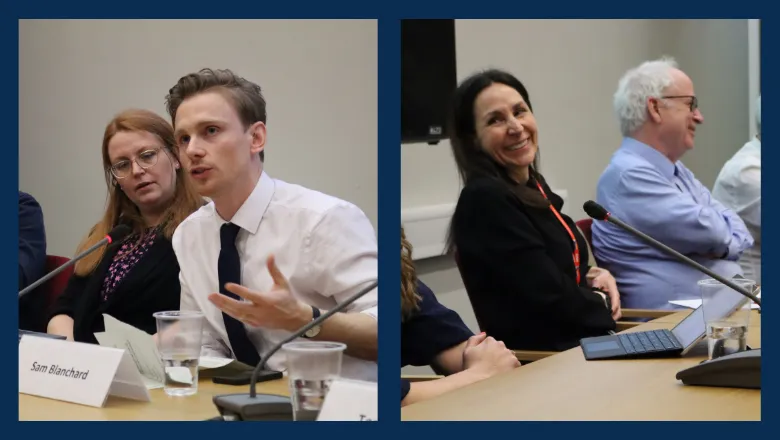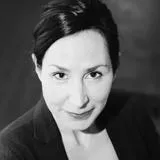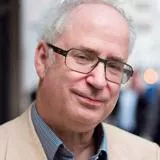People will remember the stories you tell much more than graphs and long papers.
Professor Rachel Mills CBE, Senior Vice President (Academic)
06 February 2025
King's hosts leading scientists and national journalists for 'Science in the media' workshop
UK academics and researchers join journalists and media professionals for an introduction to the science media.

King’s hosted leading scientists and national journalists at a panel event yesterday – inspiring researchers to engage with the media.
With a rich history in scientific breakthroughs, the university hosted the Science Media Centre for an ‘Introduction to the news media’ event to inspire the next generation of researchers. It came as part of King's £45.5 million investment to supercharge science –including science talent, research and education.
A panel session was led by national science correspondents, including:
- Tom Whipple, Science Editor, The Times
- Sam Blanchard, Health Correspondent, The Sun
- Ella Pickover, Health Correspondent, PA Media
- Tom Feilden, Science and Environment Editor, BBC Radio 4 Today programme
The journalists highlighted the benefits of promoting scientific research in the media and tips on presenting research in an accessible way for the general public.
Leading UK scientists then gave their own experiences of working with the media and the benefits this has had on their careers – from increased funding to new research collaborations. They included:
- Prof Sir Simon Wessely, Regius Professor of Psychiatry, IoPPN, King’s
- Prof Sandrine Thuret, Professor of Neuroscience and Co-Head of Department of Basic & Clinical Neuroscience at IoPPN, King’s
- Prof Peter Openshaw, Professor of Experimental Medicine, Imperial College London (ICL)
- Dr Sarah Jackson, Principal Research Fellow, University College London (UCL)
The scientists talked openly about their media experiences and examples of promoting their work on broadcast, social media, print and online outlets. This included during the COVID-19 pandemic, where rapid reaction from scientists was essential in building public trust and sharing accurate information.
Also in attendance was Professor Rachel Mills CBE, Senior Vice President (Academic) at King’s College London, who gave a speech on why scientists need to engage with the media.
Professor Mills said: “The event was a great opportunity for academics like me to share our experience of working with the news media and the importance of communicating scientific work. I drew upon my own experiences in the field of oceanography, where media was an invaluable part of promoting our research and connecting with other scientists around the world.
“People fundamentally want scientists to engage and give more of themselves to the general public. Engaging with traditional media, alongside emerging social media trends, is a vital way of doing this."
King’s has been delivering groundbreaking science for almost two hundred years, from discovering the structure of DNA at the intersection of biology and physics, to conducting the world’s first human-to-human blood transfusion. The media workshop is just one example of King’s championing the world’s future leading scientists, from across disciplines – maximising their potential to help to tackle some of the world’s biggest problems.
The event was held at King’s Institute of Psychiatry, Psychology & Neuroscience (IoPPN), Denmark Hill campus, where recent scientific research has included genes being pinpoitned for depression across ethnicities.
Find out more about our science research: https://www.kcl.ac.uk/science
Get in touch with the media team: https://internal.kcl.ac.uk/erd/comms-and-external-affairs



